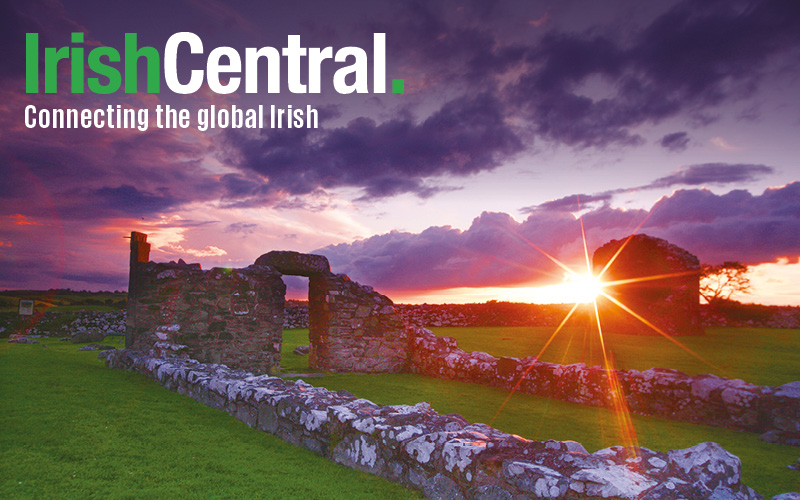There is so much more to Ireland and it's pub culture than drinking! From enjoying to the countryside surrounding, to curling up with a cuppa Irish pubs are the center of Irish life.
It's no secret the Irish love to drink. Drinking is as much of a part of their rich culture and history as St. Patrick and, in more modern times, U2.
The romantic notion of the village pub is featured in countless movies and television shows. The cozy pub with heirlooms on its dark paneled walls with a fire burning in the fireplace is a village's gathering spot where neighbors drink and share stories. Some of the best music in Ireland is in these same pubs where local musicians gather to play folk songs with instruments like the Bodhran (Irish drum), the tin whistle, the fiddle, and even the flute. It's not just at pubs where booze flows. Even at the traditional Irish wakes, the tradition is, yes, of course, drinking. And then there are the famous global liquor brands: Guinness, Jameson, and Bailey's.
Read more: These Irish pubs are nowhere near Ireland
But did you know that you can visit Ireland, enjoy its gorgeous scenery and Celtic heritage and not drink? It may sound impossible in a country where a village of 5,000 people may actually have 30 pubs but it's possible.
Many pubs that serve alcohol, also have tea, coffee, non-alcoholic drinks so that patrons can enjoy the relaxing, warm atmosphere without booze. Instead of Guinness, many people enjoy a Cidona, an apple-based soft drink that has been popular since the 1950s. It's uniquely Irish yet non-alcoholic. Most pubs serve Rock Shandy, which some Irish folks say is the best soft drink ever created on the Emerald Isle. Rock Shandy is a fizzy drink mixed with orange and lemon soda.
As more millennials and Baby Boomers opt-out of consuming alcohol, even Ireland is realizing it's time to change with the times. Earlier this year, a non-alcoholic pub -- The Virgin Mary -- opened in Dublin. At this pub, patrons can indulge in mocktails, a coffee that mimics a Guinness, and non-alcoholic gin. The bar touts sayings like "Sober is the new black" and "You are what you drink." While The Virgin Mary is still an anomaly in Ireland, it could become the first of many. That's because one of the most popular beers in Ireland is Heineken 0.0., an alcohol-free beer, and more and more Irish breweries are creating non-alcoholic beer and ciders, quickly grabbing onto the emerging trend.
Read more: Beloved Irish pub in Boston forced to close its doors after 137 years
But let's face it. Ireland truly is more than drinking.
You shouldn't travel to Ireland obsessed with the idea that the country is known primarily for drinking and worried because you may not indulge in liquor. With that mindset, you will miss the true beauty of one of the most magical countries on the planet. Focus on Ireland's centuries-old cathedrals, Celtic ruins, ancient castles, stunning farmland, majestic ocean views, and quaint, friendly villages.
If you find yourself in a pub, don't be shy or embarrassed thinking that the Irish will judge you if you don't drink. It's not true. You will seldom feel pressure to have a Guinness or a whiskey if you don't want to order one. In fact, some times you don't even have to say a word. If you sit down in a pub and gently shake your head, your server or the bartender will simply bring you a strong cuppa tea. Some statistics even show that about 20 percent of Irish citizens do not drink. So you are far from alone if you say "no" to a Guinness and "yes" to an O'Douls, an Irish soda, or a mocktail.
Just don't say "no" to Ireland.
Read more: Ireland used to require dead bodies be brought to the nearest pub for safekeeping
* Patrick Bailey is a professional writer mainly in the fields of mental health, addiction, and living in recovery. He attempts to stay on top of the latest news in the addiction and the mental health world and enjoy writing about these topics to break the stigma associated with them. If you want to find more articles by Patrick you can find them on his personal blog or in Sunshine Behavioral Health.
This article was submitted to the IrishCentral contributors network by a member of the global Irish community. To become an IrishCentral contributor click here.




Comments